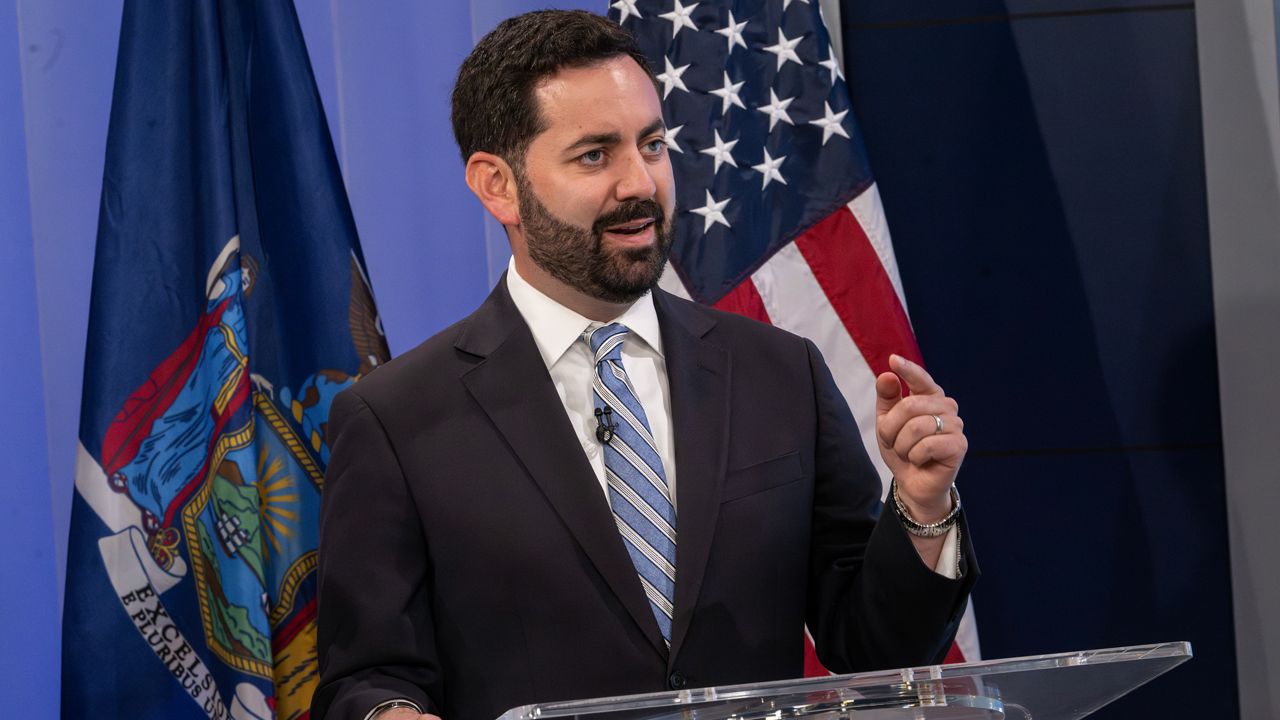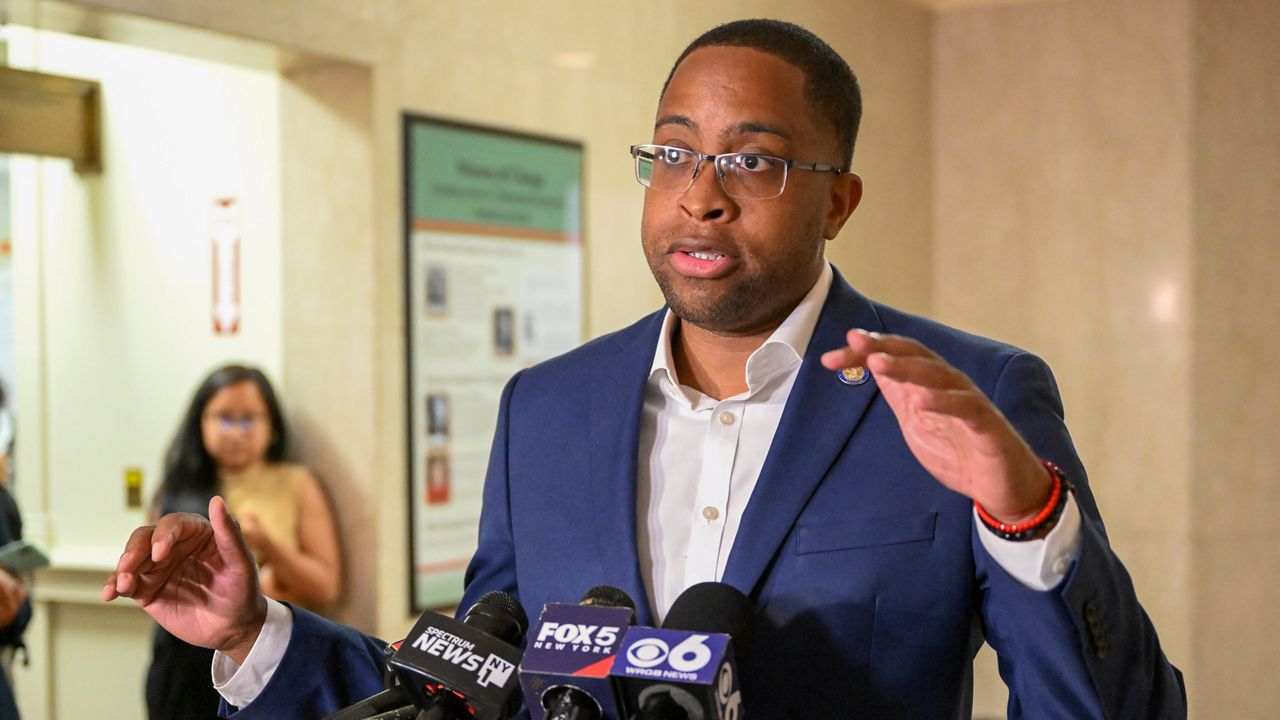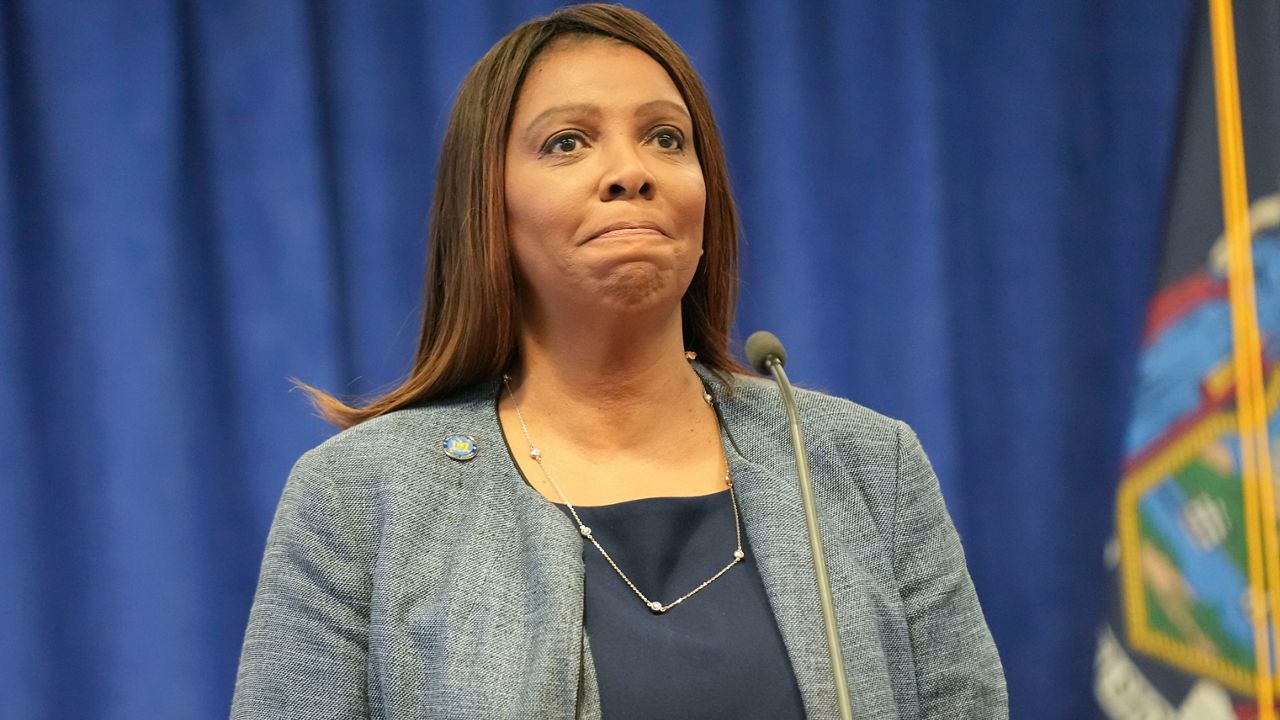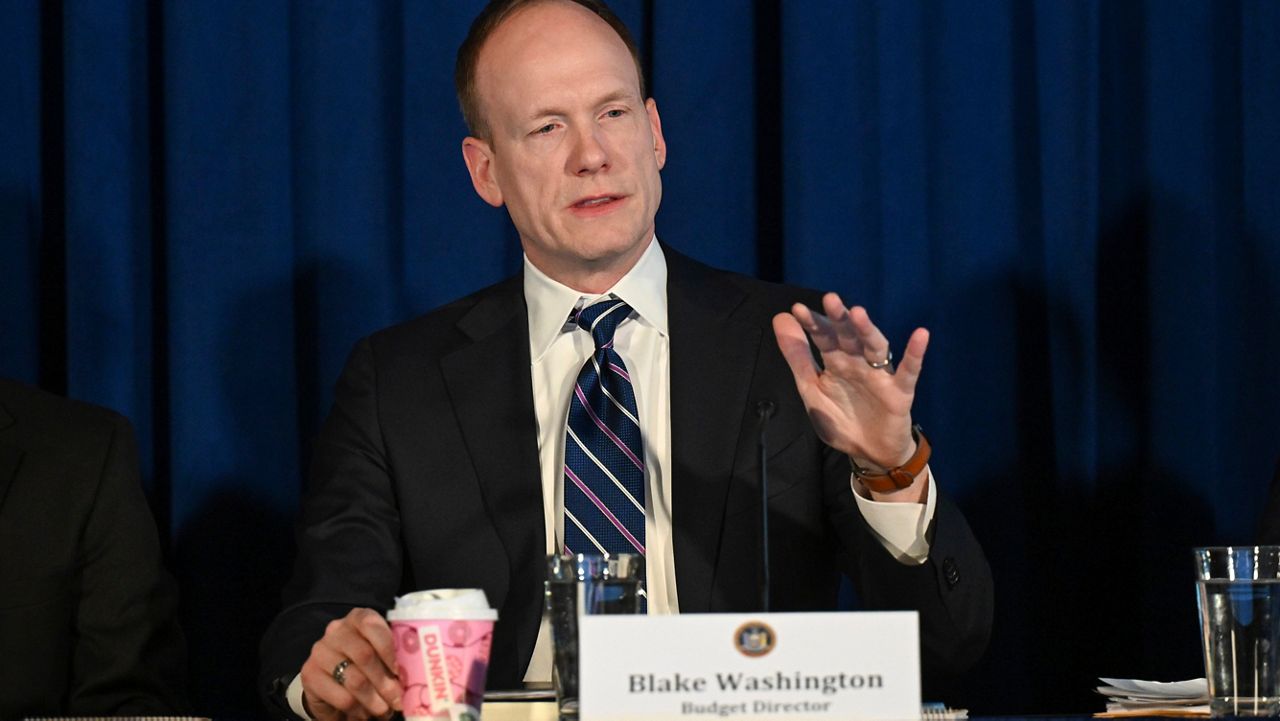In a rider passed in the last state budget, the legislature upped the ante for minor parties in New York. So, two of those minor parties, the Greens and the Libertarians, are suing.
What You Need To Know
- The Green Party and Libertarian Party filed a lawsuit Tuesday in federal court
- Both have official ballot status in New York after obtaining the 50K votes for their gubernatorial candidates
- The Parties allege that new provisions passed in the last budget are onerous, forcing minor parties to reach a 130K vote threshold rather than 50K, and that qualifications need to be met every two years, rather than every four
In the past, to achieve ballot status, minor parties needed to earn 50,000 votes for their gubernatorial candidates. In other words, they needed 50,000 votes to qualify for the ballot every four years – rules that have been in place for decades.
The new rules are far more restrictive. They require that minor parties garner 130,000 votes or two percent of votes cast. Additionally, they demand that qualifications occur every two years, rather than four, at the gubernatorial and presidential elections.
The change was reportedly the brainchild of Jay Jacobs, chairman of the New York State Democratic Party, who was appointed to a commission to review parts of New York State’s election law by Governor Andrew Cuomo.
As the New York Times reported last year, Jacobs proposed quintupling the number of votes that a political party needs to guarantee a spot on the ballot, from 50,000 votes to 250,000.
When asked about the threshold changes, Jacobs told the Times the proposal was aimed at reducing voter confusion and rooting out corruption.
Some in the Working Families Party scoffed at that explanation, instead, arguing that the proposal was an effort by Governor Cuomo to shut down the more progressive wing of the Democratic party, represented by the WFP.
You may recall that the governor and the WFP have had a fraught relationship since 2014 when the governor promised party leaders that, in exchange for their endorsement, he would work to win a Democratic majority in the State Senate. That didn’t happen, setting off fireworks within the more progressive wing of the Party.
Four years later, when the WFP initially backed Cynthia Nixon against Cuomo in the primary, they essentially sealed their fate. After the election, the governor called for an end to fusion voting which allows candidates to run on multiple lines.
Politico reported in 2019 that after speaking with seven prominent people in state politics, all of them said the governor discussed wanting to undermine the WFP.
The governor’s spokespeople have denied any personal animus toward the party.
Personal or not, the creation of the Public Financing Commission after the 2018 election led to the ballot access constraints that the Greens and Libertarians are now taking to court.
Both parties filed a federal lawsuit today in the Southern District of New York to invalidate the new provisions. According to a press release, the complaint “alleges infringement upon First and Fourteenth Amendment rights to organize, identify, and vote for minor parties under the United States Constitution, and that the new voter and petitioning requirements are therefore unconstitutional.”









